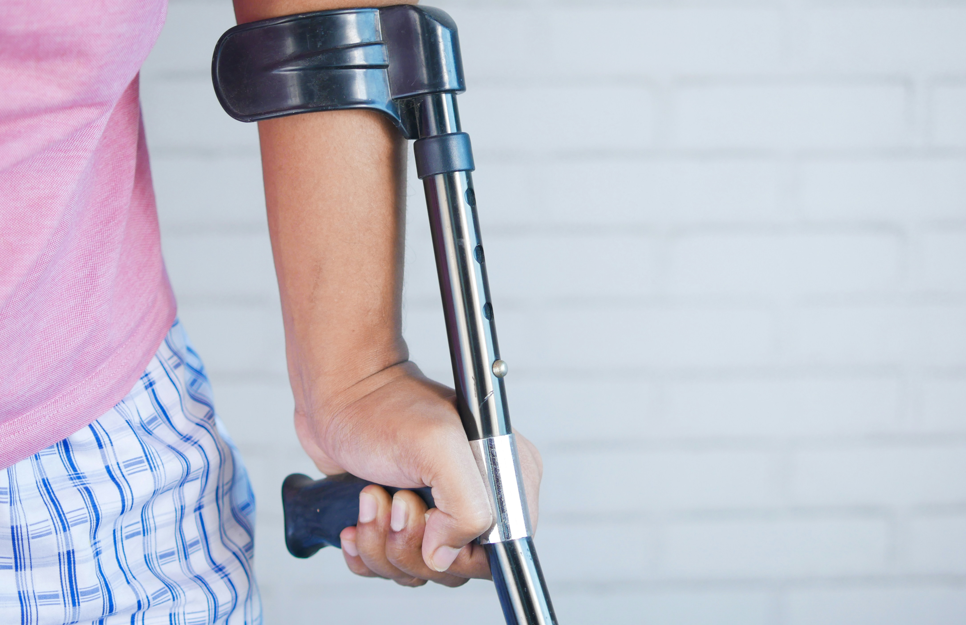
Car accidents can be life-altering events, impacting physical and mental health. The path to recovery can feel overwhelming, but taking proactive steps can significantly help in the healing process. This guide offers five essential tips for recovering after a car accident.
Immediate Actions to Take After a Car Accident
Immediately following a car accident, the moments are critical for your health and safety. Here are the steps you should consider:
- Ensure Safety: First, check yourself and your passengers for injuries. If possible, move to a safer location away from traffic hazards.
- Exchange Information: Collect names, addresses, phone numbers, insurance details, and other relevant information from all parties involved.
- Document the Scene: Take photos of the accident scene, vehicle damage, and any visible injuries.
- Report the Accident: Contact local authorities to file an official accident report. This documentation is crucial for insurance claims and any potential legal issues.
Seeking Professional Medical Attention
Even if you feel fine, you must undergo a thorough medical examination after a car accident. Many injuries may not manifest immediately but can surface days or even weeks later.
- Common Injuries: Whiplash, concussions, and soft tissue injuries are prevalent in car accidents. Symptoms might include headaches, neck pain, dizziness, and fatigue.
- Early Detection: Prompt medical evaluation can detect hidden injuries and prevent complications. Follow your healthcare provider’s recommendations for tests and treatment plans.
The Role of Physical Therapy in Recovery
Physical therapy is crucial in regaining mobility and strength after an accident. Here’s why it’s important and how to get started:
- Benefits: Physical therapy helps reduce pain, improve flexibility, and restore function. It can also prevent long-term disability.
- Finding a Therapist: Look for licensed physical therapists with experience in treating car accident injuries. Your physician might refer you to a reputable professional.
- Starting Therapy: Early intervention is key. Work with your therapist to develop a personalized rehabilitation plan that suits your needs and goals.
The Impact of Nutrition on Recovery
Nutrition is a vital component of the healing process. Certain foods and nutrients can boost recovery and reduce inflammation.
- Healing Foods: Incorporate anti-inflammatory foods such as fruits, vegetables, nuts, and fatty fish into your diet. Omega-3 fatty acids, vitamins C and E, and zinc are beneficial for healing.
- Hydration: Drinking plenty of water aids in tissue repair and helps flush out toxins from your body.
- Balanced Diet: Maintain a balanced diet with adequate protein, healthy fats, and carbohydrates to support overall recovery and energy levels.
Coping Mentally and Emotionally After the Accident
Car accidents can take a significant toll on mental health. Recognizing and addressing emotional and psychological symptoms is crucial for holistic recovery.
- Post-Traumatic Stress: It’s common to experience anxiety, fear, or flashbacks after an accident. If these symptoms persist, consider seeking professional help.
- Support Systems: Lean on friends, family, or support groups. Sharing your experiences can provide comfort and reduce feelings of isolation.
- Self-Care Practices: Engage in activities that promote relaxation and mental well-being, such as meditation, yoga, or journaling.
Healing after a car accident involves a multifaceted approach that addresses both physical and mental health. You can navigate the recovery process more effectively by taking immediate action, seeking medical and therapeutic support, maintaining proper nutrition, and caring for your emotional well-being. Prioritize self-care and remember that every step brings you closer to full recovery. For more information, contact a medical center like NexGen Medical Centers.

